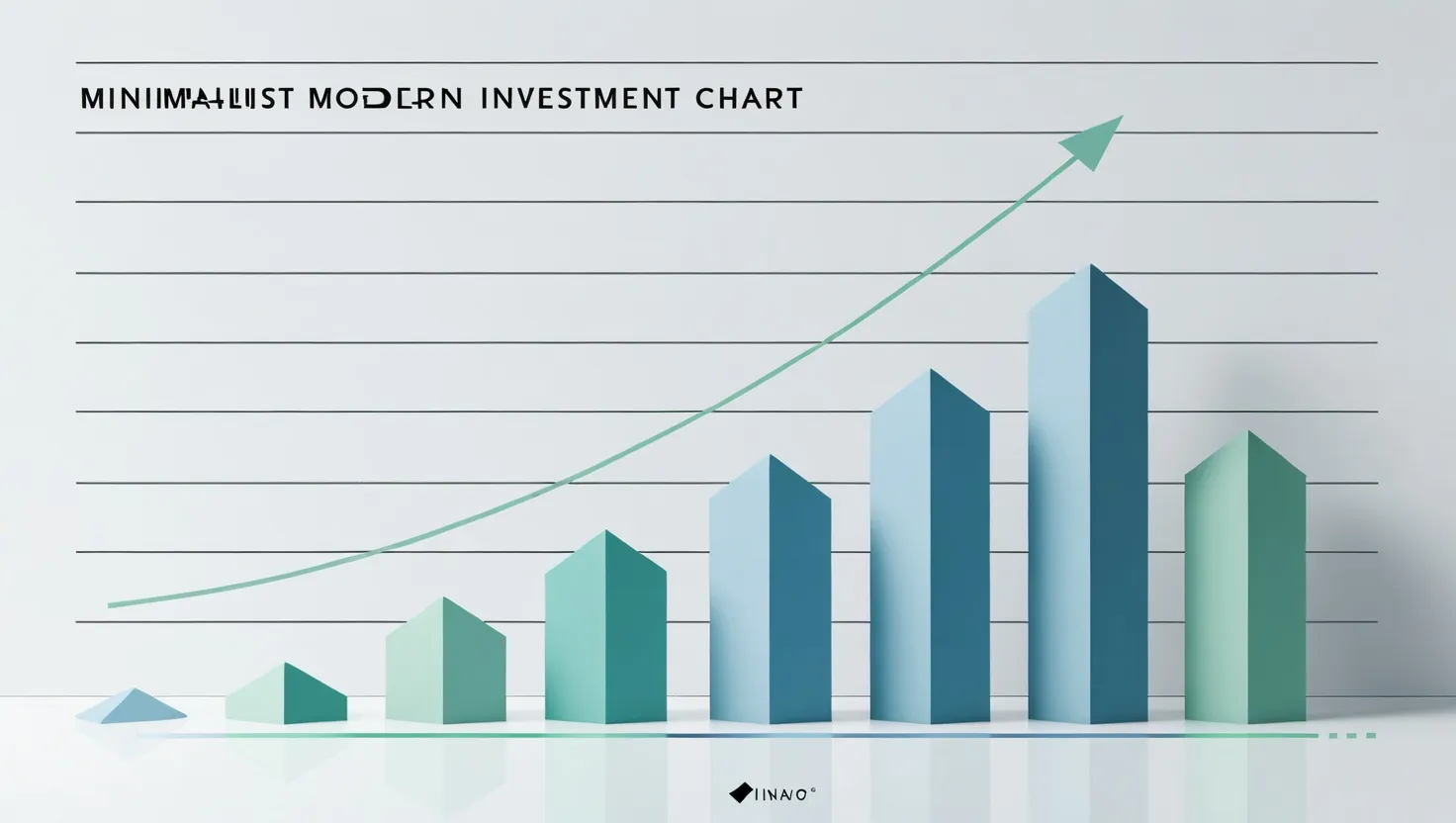Time Leaks: The Silent Productivity Killer
We've all been there - you sit down to work, blink, and suddenly hours have vanished into thin air. Where did the time go? Welcome to the world of time leaks, the sneaky productivity thieves that rob us of precious minutes and hours without us even noticing.
Time leaks are like tiny cracks in a dam. At first, they seem harmless, but left unchecked, they can lead to a flood of wasted time and lost opportunities. In today's fast-paced world, mastering the art of plugging these leaks is crucial for anyone looking to boost their productivity and achieve their goals.
So, what exactly are time leaks? Think of them as those moments when you're not actively working, but you're not really relaxing either. It's the five minutes you spend scrolling through social media while waiting for a meeting to start, or the half-hour you lose trying to decide what to work on next. These small pockets of wasted time add up quickly, leaving you wondering where your day went.
The good news? With a little awareness and some smart strategies, you can stop these leaks and reclaim your time. Let's dive into some practical ways to plug those time leaks and supercharge your productivity.
First up, let's talk about the power of awareness. Half the battle is simply recognizing when and where you're losing time. Try keeping a time log for a week. Jot down what you're doing every 30 minutes. You might be surprised to discover how much time you're spending on non-essential tasks or mindless activities. This eye-opening exercise can be the kick in the pants you need to start making changes.
Once you've identified your time leaks, it's time to patch them up. One of the biggest culprits? Multitasking. Yeah, I know, we all think we're great at juggling multiple tasks at once. Spoiler alert: we're not. Studies have shown that multitasking can actually reduce productivity by up to 40%. Instead of trying to do five things at once, focus on one task at a time. You'll be amazed at how much more you can accomplish.
Another major time leak? Perfectionism. Don't get me wrong, attention to detail is great. But when you're spending hours tweaking a document that was good enough after the first draft, you're letting valuable time slip away. Learn to recognize when something is "good enough" and move on. Remember, done is better than perfect.
Now, let's talk about the elephant in the room - technology. Our phones, computers, and tablets are incredible tools, but they can also be massive time sinks. How many times have you picked up your phone to check one thing, only to find yourself still scrolling 30 minutes later? To combat this, try setting specific times for checking emails and social media. Use apps that block distracting websites during work hours. Your future self will thank you.
Speaking of technology, let's not forget about the power of automation. There are tons of tools out there designed to help you manage your time more efficiently. From time-tracking apps to project management software, these tools can help you identify where you're spending (or wasting) your time and keep you on track.
But it's not just about the tech. Sometimes, good old-fashioned planning can be your best defense against time leaks. Start each day by identifying your top three priorities. These are the must-do tasks that will move you closer to your goals. Focus on knocking these out before you get sucked into the black hole of emails and meetings.
And speaking of meetings, let's chat about those time-sucking gatherings that seem to multiply like rabbits on our calendars. Be ruthless about which meetings you attend. If you're not sure why you're invited or what value you can add, don't be afraid to decline. For the meetings you do attend, insist on an agenda and stick to it. A well-run meeting can be productive, but a poorly managed one is just a fancy way to waste time.
Now, I know what you're thinking. "But I'm already busy from dawn to dusk! How am I supposed to find time to implement all these strategies?" This is where the 'NET' principle comes in handy. NET stands for "No Extra Time," and it's all about making the most of the time you already have.
The NET principle is about finding those pockets of time throughout your day that are currently being wasted and putting them to good use. It's about turning your commute into a mini-learning session with podcasts or audiobooks. It's about using the five minutes between meetings to knock out a quick task instead of mindlessly scrolling through your phone.
One of my favorite NET strategies is the "two-minute rule." If a task will take less than two minutes to complete, do it immediately. This prevents small tasks from piling up and becoming overwhelming later. Plus, the satisfaction of crossing something off your to-do list can give you a little productivity boost.
Another great NET technique is batching similar tasks together. Instead of responding to emails as they come in throughout the day, set aside specific times to tackle your inbox. This reduces the mental energy spent switching between tasks and helps you get through them more efficiently.
Now, let's talk about saying "no." This two-letter word can be one of your most powerful tools in the fight against time leaks. We often overcommit ourselves, taking on tasks and responsibilities that don't align with our goals or priorities. Learning to say no to these non-essential commitments frees up time for the things that really matter.
But what about those times when you're feeling stuck or unmotivated? We've all had days where we just can't seem to get going. This is where the "five-minute rule" comes in handy. When you're procrastinating on a task, commit to working on it for just five minutes. Often, you'll find that once you start, it's easier to keep going. And if not? Well, at least you've made some progress.
Let's not forget about the importance of breaks. It might seem counterintuitive, but taking regular breaks can actually boost your productivity. Our brains aren't designed for non-stop work. Short breaks give your mind a chance to rest and recharge, helping you stay focused when you return to your tasks.
One popular method for incorporating breaks is the Pomodoro Technique. This involves working for 25 minutes, then taking a 5-minute break. After four "pomodoros," you take a longer break of 15-30 minutes. This structured approach can help you stay focused and avoid burnout.
Now, I know we've covered a lot of ground here, and you might be feeling a bit overwhelmed. Remember, you don't have to implement all these strategies at once. Start small. Pick one or two techniques that resonate with you and give them a try. As you start to see results, you can gradually incorporate more strategies into your routine.
And here's a little secret: perfection isn't the goal here. You're not aiming for a completely leak-free life (is that even possible?). The aim is progress, not perfection. Even small improvements in how you manage your time can lead to big results over time.
So, are you ready to plug those time leaks and reclaim your day? Remember, time is the one resource we can't get more of. By identifying and addressing your time leaks, you're investing in yourself and your future. You're creating space for the things that truly matter, whether that's advancing in your career, spending time with loved ones, or pursuing your passions.
In the end, managing your time effectively isn't just about being more productive. It's about creating a life that aligns with your values and goals. It's about reducing stress and finding more satisfaction in your day-to-day activities. It's about taking control of your time, rather than letting time control you.
So go ahead, take that first step. Start paying attention to where your time is going. Challenge yourself to make small changes. Experiment with different strategies. And most importantly, be patient with yourself. Changing habits takes time, but the payoff is worth it.
Remember, every minute counts. By plugging those time leaks, you're not just saving time – you're creating opportunities. You're opening up possibilities for growth, learning, and achievement. You're paving the way for a more balanced, fulfilling life.
So, what are you waiting for? It's time to stop those leaks and start making the most of every moment. Your future self will thank you.






